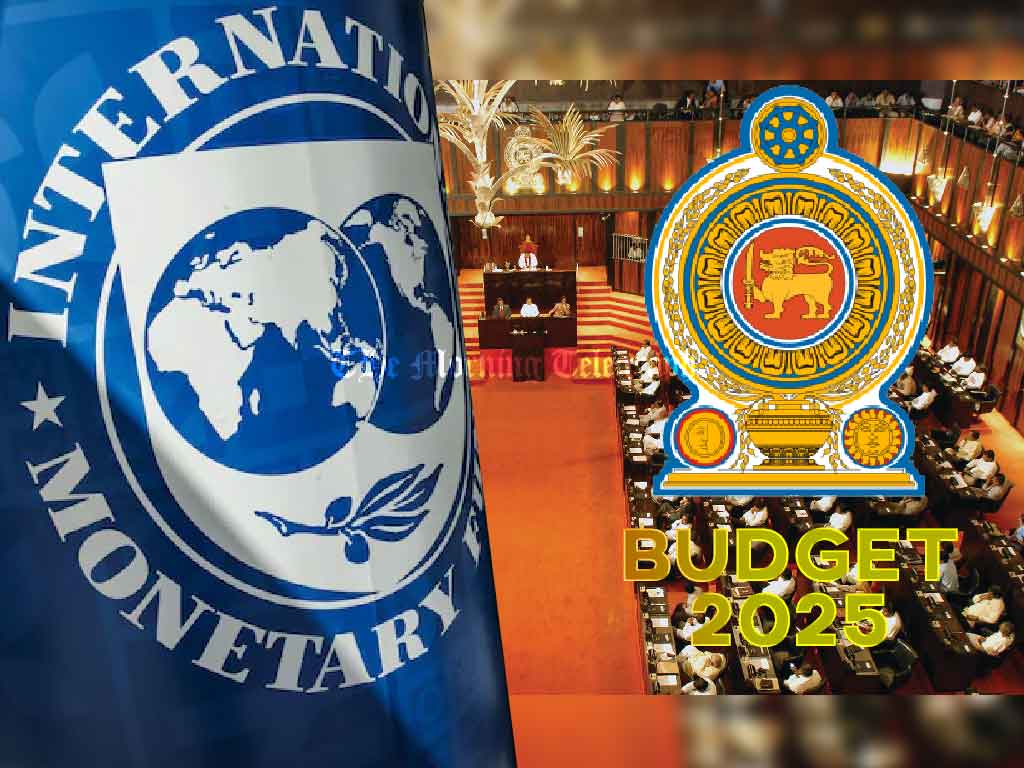
Sri Lanka is facing a critical deadline to secure the next installment of its $3 billion Extended Credit Facility (ECF) from the International Monetary Fund (IMF). The government must present a 2025 budget that aligns with the objectives of the IMF program to ensure the continuation of the loan. So far, three installments have been disbursed under the program, with the fourth tranche, amounting to approximately $333 million, pending approval. However, this approval is contingent on the completion of the third review of the program by the IMF’s Management and Executive Board.
The IMF team recently reached a staff-level agreement with Sri Lankan authorities for the third review, which is an essential step in the loan process. However, the staff-level agreement is subject to two key conditions. First, the government must submit a 2025 budget consistent with the goals of the IMF program. Second, there must be sufficient progress in debt restructuring to provide confidence that the process will be completed on time and in accordance with the program’s targets. Without meeting these conditions, the third review cannot move forward, and Sri Lanka risks losing not only the next installment but potentially the entire loan program.
The government faces significant consequences if it fails to comply with these requirements. If the IMF does not approve the third review, the entire loan program could collapse, severely damaging international confidence in Sri Lanka’s financial stability. This would likely result in the loss of financial support from major international institutions such as the World Bank and the Asian Development Bank. Additionally, bilateral lenders may also withhold funding, leaving the country with limited options to secure new loans. Such an outcome could have dire economic consequences, including a potential worsening of the country’s ongoing financial crisis.
The urgency of presenting a compliant 2025 budget is further compounded by the delay in its submission, which, under normal circumstances, would take place in November. While the government has indicated it may present the budget in February 2025, the IMF has made it clear that the budget must adhere to the program’s fiscal objectives regardless of the timing. This requirement leaves little room for deviation, even if the government undergoes a political transition or policy shift in the coming months. Any failure to comply could jeopardize Sri Lanka’s fragile recovery and international credibility.
The IMF’s ECF program, approved in March 2023, is designed to provide Sri Lanka with $3 billion over four years, contingent on meeting strict reform targets. Thus far, the program has been a lifeline for the country, which is grappling with significant economic challenges. Maintaining compliance with the IMF’s conditions is seen as critical not only for securing future installments but also for restoring investor confidence and rebuilding the country’s financial standing.
Given the high stakes, the government is unlikely to deviate from the IMF program’s terms. Aligning the 2025 budget with the program’s objectives is not just a financial necessity but also a political and economic imperative to ensure the continuation of international support and to avoid further destabilizing the country’s economy.




